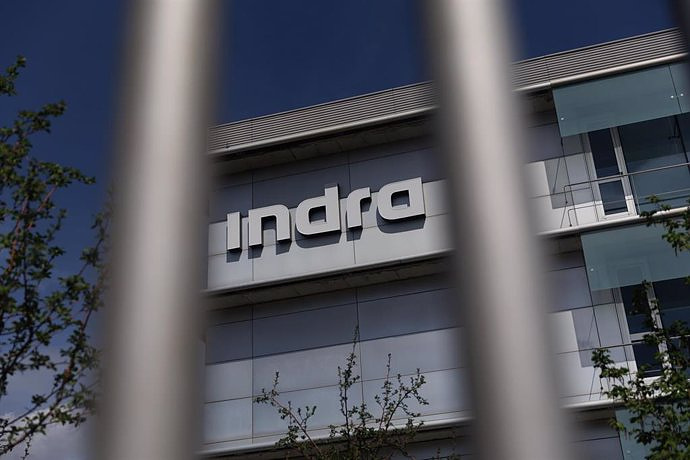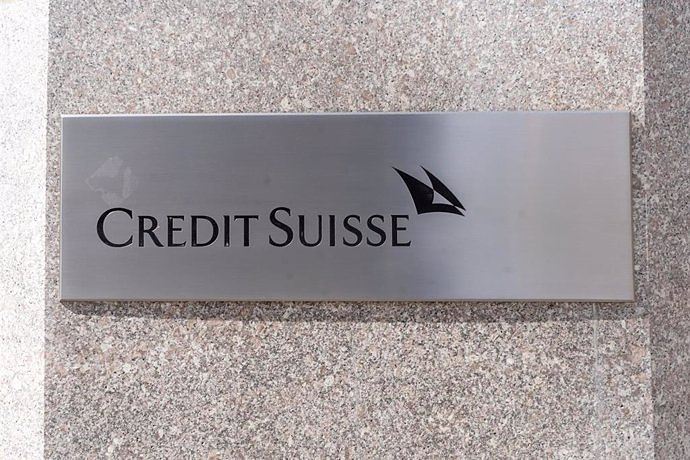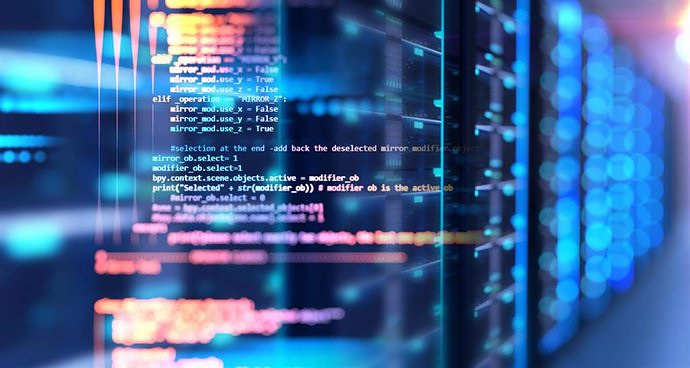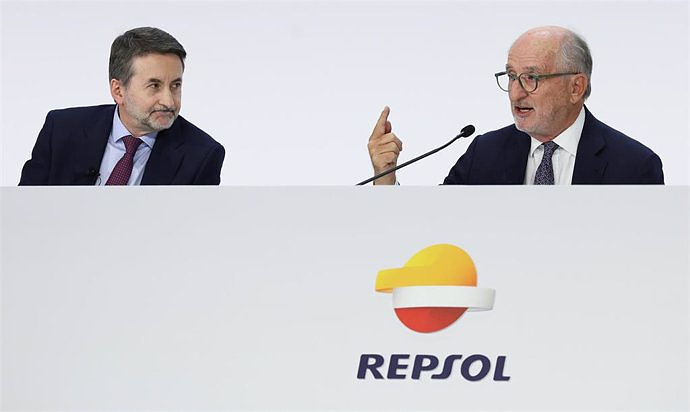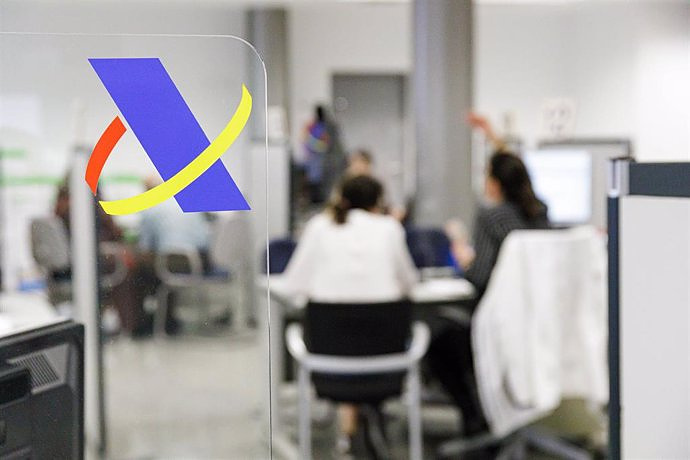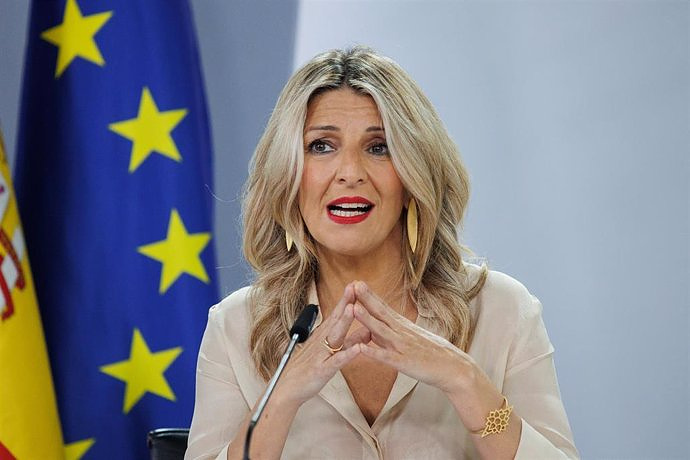MADRID, 1 Oct. (EUROPA PRESS) -
Latvia is holding Parliament elections this Saturday (the Saeima) with the war in Ukraine and the fracture of national politics as dominant and closely related issues in this Baltic State, characterized by the existence of a Russian-speaking minority whose activities have been significantly reduced in the country since the beginning of the conflict for the support granted by the Latvian authorities, as a NATO member country, to the Ukrainian national defense.
These restrictions have shaped the political landscape in recent months. According to a recent report by the Institute for Foreign Policy Studies (FPRI), pro-Moscow minority groups such as the Russian Latvian Union or strongly identitarian organizations such as the Latvian Association for the Regions have gained support while large national parties Previously pro-Russian like Armonía, they have been weakened by being forced to position themselves against the Kremlin.
Polls indicate Prime Minister Krisjanis Karins' New Unity party, which heads the current four-party centre-right minority coalition, will lead the polls but with only a projected 13-20 percent of the vote. Karins is also likely to remain in office, as polls show him as the favorite in the almost certain subsequent negotiations for a new government.
According to a poll by the Latvian public broadcaster LSM, the Union of Greens and Farmers could come in second with 7.8 percent of the vote, followed by the center-right National Alliance, a member of the current coalition that Karins leads, just a tenth behind. Armonía, meanwhile, could be left without parliamentary representation.
All this occurs in a scenario of transformation in which the Russian minority -- a quarter of the population, that is, almost two million people -- has lamented that its public voice is being strangled. Broadcasts of Russian channels have been suspended while the government has put forward plans to switch all education to Latvian and eliminate instruction in Russian.
This has had repercussions in the reopening of the wounds of a disputed past. Members of the ethnic Latvian majority have for decades denounced the country's 1940 incorporation into the Soviet Union as an illegal annexation, while Russian-speakers have argued that it was voluntary.
The first results of the elections will be announced a few hours after the polls close at 8:00 p.m. local time, but it should be stressed that the first candidate to form a government does not always belong to the party with the most votes. It is up to the country's president, Egils Levits, to designate whoever he considers most qualified to lead the negotiations.
"Latvia", Levits assured Thursday in his final speech before the elections, "needs a future Saeima and a government that has experience and foresight, power and pragmatism, and whose priority is the security of Latvia, as well as the development of our Armed Forces, the establishment of a national defense service and close cooperation within NATO".
The Latvian president stressed that the war in Ukraine should serve to reaffirm the country's national identity. "I do not believe in the parties and politicians who for decades have been unable to recognize and condemn the (Soviet) occupation of Latvia," he said in the speech, picked up by LSM, "or who have, or still have, difficulties in accepting that the Latvian language is our only official language.

 Exploring Cardano: Inner Workings and Advantages of this Cryptocurrency
Exploring Cardano: Inner Workings and Advantages of this Cryptocurrency Seville.- Economy.- Innova.- STSA inaugurates its new painting and sealing hangar in San Pablo, for 18 million
Seville.- Economy.- Innova.- STSA inaugurates its new painting and sealing hangar in San Pablo, for 18 million Innova.- More than 300 volunteers join the Andalucía Compromiso Digital network in one month to facilitate access to ICT
Innova.- More than 300 volunteers join the Andalucía Compromiso Digital network in one month to facilitate access to ICT Innova.-AMP.- Ayesa acquires 51% of Sadiel, which will create new technological engineering products and expand markets
Innova.-AMP.- Ayesa acquires 51% of Sadiel, which will create new technological engineering products and expand markets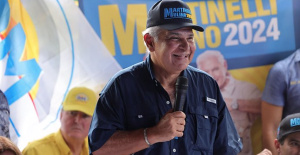 Mulino, dolphin of former President Martinelli, wins the presidential elections in Panama
Mulino, dolphin of former President Martinelli, wins the presidential elections in Panama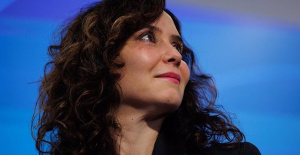 The prosecutor who asked to investigate the complaint of Ayuso's partner against two prosecutors for revealing secrets is removed
The prosecutor who asked to investigate the complaint of Ayuso's partner against two prosecutors for revealing secrets is removed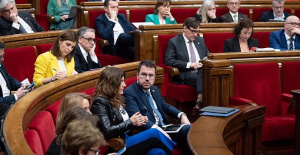 The PSC would win the Catalan elections with between 40 and 42 seats, followed by Junts (35-37) and ERC (21-23)
The PSC would win the Catalan elections with between 40 and 42 seats, followed by Junts (35-37) and ERC (21-23)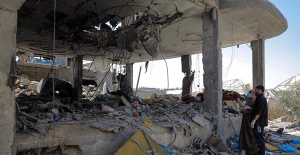 The Israeli Army asks Palestinians to leave Rafah "immediately" in the face of an imminent offensive
The Israeli Army asks Palestinians to leave Rafah "immediately" in the face of an imminent offensive How Blockchain in being used to shape the future
How Blockchain in being used to shape the future Not just BTC and ETH: Here Are Some More Interesting Coins Worth Focusing on
Not just BTC and ETH: Here Are Some More Interesting Coins Worth Focusing on A sensor system obtains the fingerprint of essential oils and detects if they have been adulterated
A sensor system obtains the fingerprint of essential oils and detects if they have been adulterated Faraday UPV presents the 'Origin' rocket to exceed 10 km of flight: "It is the beginning of the journey to space"
Faraday UPV presents the 'Origin' rocket to exceed 10 km of flight: "It is the beginning of the journey to space" The Generalitat calls for aid worth 4 million to promote innovation projects in municipalities
The Generalitat calls for aid worth 4 million to promote innovation projects in municipalities UPV students design an app that helps improve the ventilation of homes in the face of high temperatures
UPV students design an app that helps improve the ventilation of homes in the face of high temperatures A million people demonstrate in France against Macron's pension reform
A million people demonstrate in France against Macron's pension reform Russia launches several missiles against "critical infrastructure" in the city of Zaporizhia
Russia launches several missiles against "critical infrastructure" in the city of Zaporizhia A "procession" remembers the dead of the Calabria shipwreck as bodies continue to wash up on the shore
A "procession" remembers the dead of the Calabria shipwreck as bodies continue to wash up on the shore Prison sentences handed down for three prominent Hong Kong pro-democracy activists
Prison sentences handed down for three prominent Hong Kong pro-democracy activists ETH continues to leave trading platforms, Ethereum balance on exchanges lowest in 3 years
ETH continues to leave trading platforms, Ethereum balance on exchanges lowest in 3 years Investors invest $450 million in Consensys, Ethereum incubator now valued at $7 billion
Investors invest $450 million in Consensys, Ethereum incubator now valued at $7 billion Alchemy Integrates Ethereum L2 Product Starknet to Enhance Web3 Scalability at a Price 100x Lower Than L1 Fees
Alchemy Integrates Ethereum L2 Product Starknet to Enhance Web3 Scalability at a Price 100x Lower Than L1 Fees Mining Report: Bitcoin's Electricity Consumption Declines by 25% in Q1 2022
Mining Report: Bitcoin's Electricity Consumption Declines by 25% in Q1 2022 Oil-to-Bitcoin Mining Firm Crusoe Energy Systems Raised $505 Million
Oil-to-Bitcoin Mining Firm Crusoe Energy Systems Raised $505 Million Microbt reveals the latest Bitcoin mining rigs -- Machines produce up to 126 TH/s with custom 5nm chip design
Microbt reveals the latest Bitcoin mining rigs -- Machines produce up to 126 TH/s with custom 5nm chip design Bitcoin's Mining Difficulty Hits a Lifetime High, With More Than 90% of BTC Supply Issued
Bitcoin's Mining Difficulty Hits a Lifetime High, With More Than 90% of BTC Supply Issued The Biggest Movers are Near, EOS, and RUNE during Friday's Selloff
The Biggest Movers are Near, EOS, and RUNE during Friday's Selloff Global Markets Spooked by a Hawkish Fed and Covid, Stocks and Crypto Gain After Musk Buys Twitter
Global Markets Spooked by a Hawkish Fed and Covid, Stocks and Crypto Gain After Musk Buys Twitter Bitso to offset carbon emissions from the Trading Platform's ERC20, ETH, and BTC Transactions
Bitso to offset carbon emissions from the Trading Platform's ERC20, ETH, and BTC Transactions Draftkings Announces 2022 College Hoops NFT Selection for March Madness
Draftkings Announces 2022 College Hoops NFT Selection for March Madness
